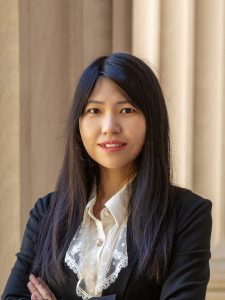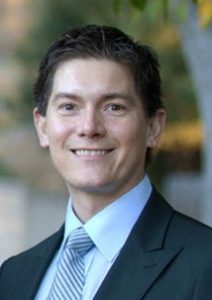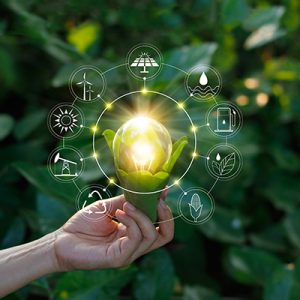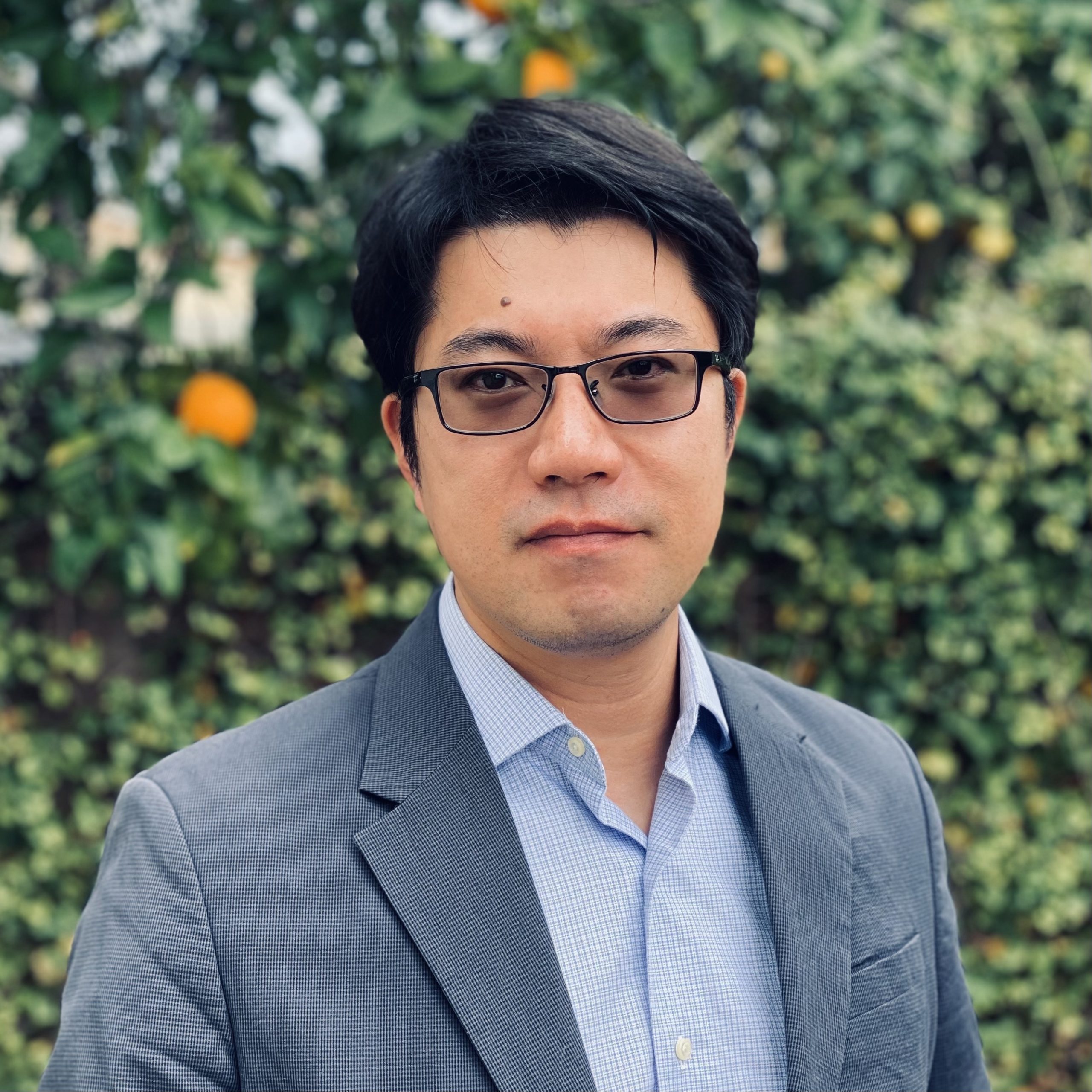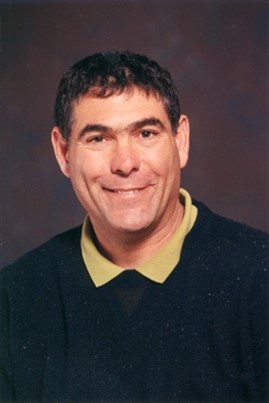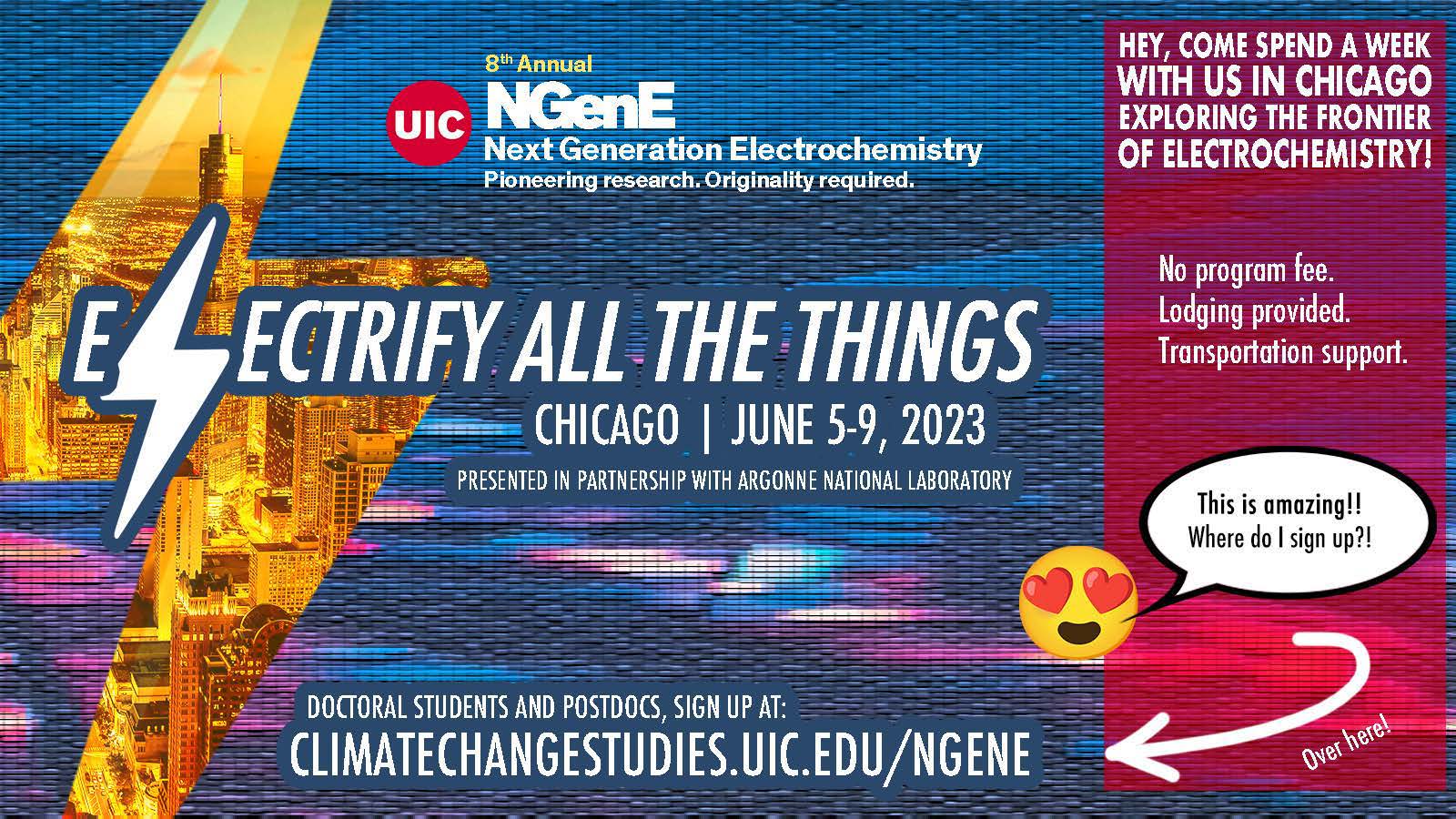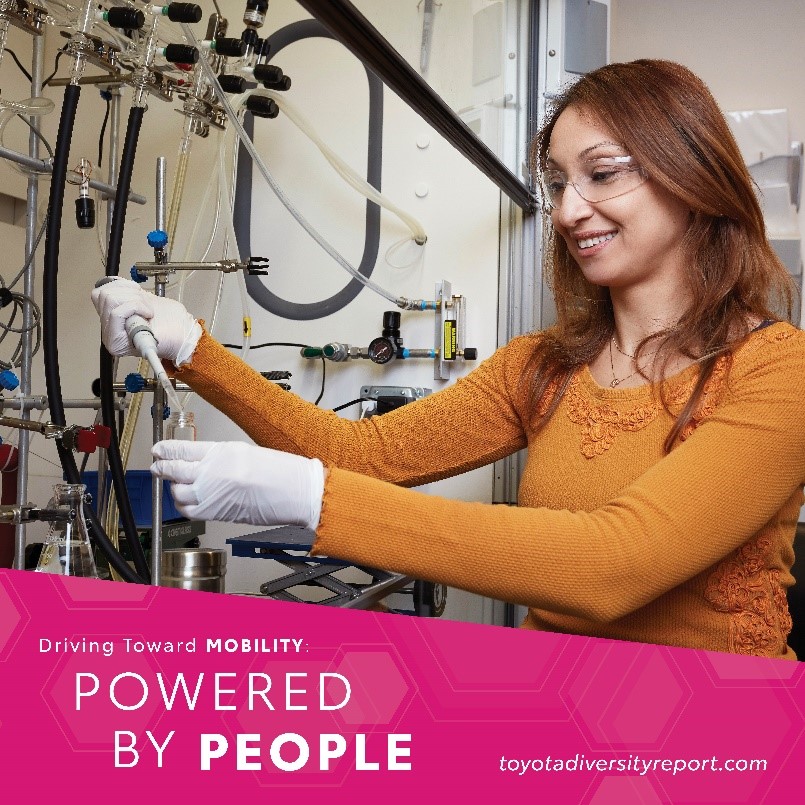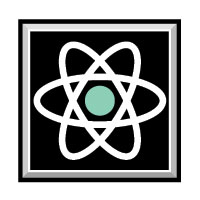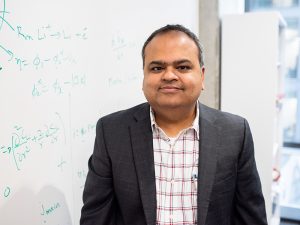 Dr. Venkat Subramanian
Dr. Venkat Subramanian
Ernest Dashiell Cockrell II Professor of Engineering
Walker Department of Mechanical Engineering & Material Science Engineering
Affiliated Faculty, Oden Institute for Computational Engineering & Sciences
Texas Materials Institute
The University of Texas, Austin
Date: August 2, 2023
Time: 1300–1400h ET
Sponsor: BioLogic, TA Instruments – Waters, Hiden Analytical


